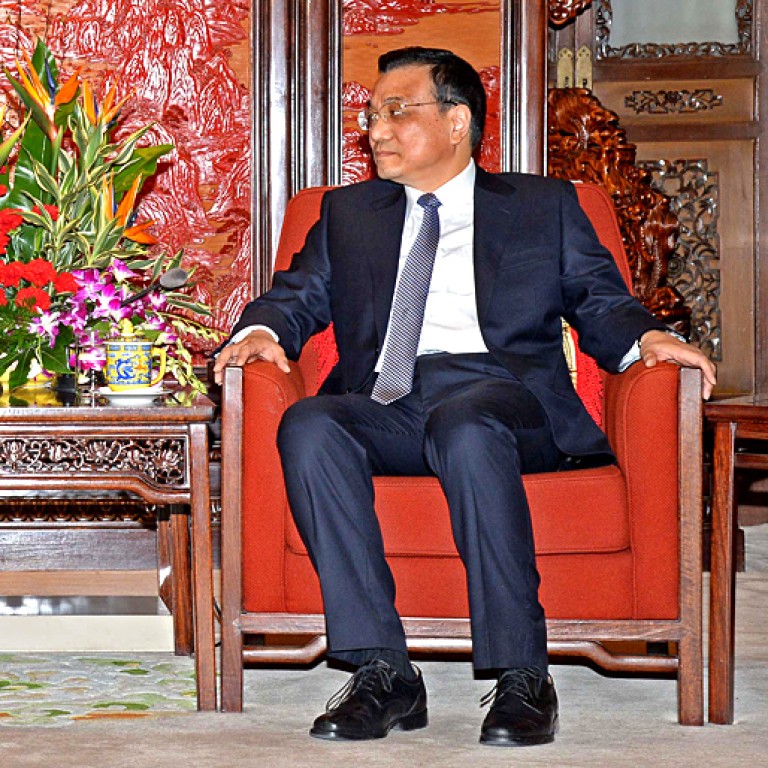
Beijing pledges support for Hong Kong in 'One Belt, One Road' regional economic development strategy
Nation's 13th five-year plan outlines role for city in development scheme while implementing the principle of 'one country, two systems'
Beijing has pledged support for Hong Kong to take part in the nation's "One Belt, One Road" development strategy and to play a bigger role in China's opening up to the world, according to its 13th five-year-plan.
The city is also asked to speed up cooperation with free-trade pilot zones in Guangdong - Qianhai in Shenzhen, Hengqin in Zhuhai, and Nansha in Guangzhou - and pursue deeper cooperation and exchanges with the mainland.
The document, released yesterday, also stresses implementing in a comprehensive and accurate manner the principles of "one country, two systems", "Hong Kong people administering Hong Kong", and "a high degree of autonomy".
The wording contrasted with that in the 12th five-year plan document, released in 2010, which stressed the Communist Party would firmly implement those principles.
But it seemed to echo remarks by Premier Li Keqiang in his last two work reports, in which he highlighted implementing the Basic Law in a comprehensive manner.
The document - expected to be submitted to the National People's Congress for ratification in March - contains a 400-plus-character part on deepening cooperation between mainland China and Hong Kong and Macau, as well as between the mainland and Taiwan.
It said it would "give full play to Hong Kong's unique advantages and enhance [the two places'] role and function in the nation's economic development as well as opening up to the outside world".
"One Belt, One Road" is a push to drive cooperation among Eurasian countries along the ancient Silk Road trading route.
In Beijing, Xu Shaoshi, chairman of the National Development and Reform Commission, said Hong Kong had an edge in developing talent and financing.
"[Hong Kong] should make use of these advantages and coordinate with mainland enterprises in order to better develop overseas markets," Xu said.
But veteran China-watcher Johnny Lau Yui-siu cautioned: "The hidden message in the document is that Hong Kong's role in helping China's economy is diminishing. And it hopes Hong Kong pays more attention to integrating into the nation's economy, and not to politics."
A Hong Kong deputy to the National People's Congress, Professor Priscilla Lau Pui-king, also said the 13th five-year plan was more about China developing overseas markets. "Hong Kong should not delay taking advantage of the business opportunities offered by the 'One Belt, One Road' initiative," Lau said.
Joe Fang Zhou, chief research officer at the One Country Two Systems Research Institute, said Hong Kong could develop financial professionals and financing services.
Dr Li Kui-wai, associate professor of economics and finance at City University, said Hong Kong did not take five-year plans seriously because it had a free-market economy. If this system was maintained, he did not believe any mainland city could easily take Hong Kong's role as an international financial hub.
A spokesman for the Constitutional and Mainland Affairs Bureau said the government welcomed the plan and would discuss details with relevant departments of the central government.

